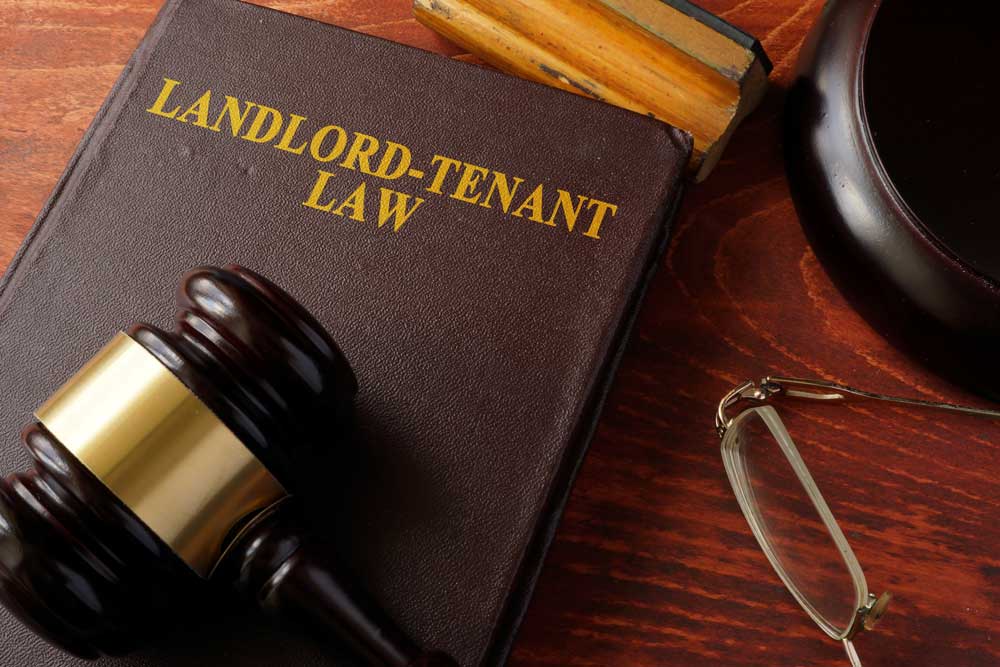Few things these days have managed to remain overlooked by state and federal oversight. Short of requiring 8-year-olds to apply for entrepreneurial licensure to operate their lemonade stands, virtually every revenue-generating endeavor is regulated by a set of bylaws that are designed to protect the rights of the owners as well as the customers, all while guaranteeing that the state and federal taxes are being paid.
Property management is no different. In fact, land is one of the most valuable assets that exists because it’s so finite and everyone needs some on which to live. Managing homes and apartments, therefore, is going to draw the eye of the government, leaving property managers to attend to compliance with the various laws.
Learning the Laws
Rental property management can be an incredibly successful venture for determined and detail-oriented individuals, but the laws that govern it must be learned and the “piper must be paid,” as they say. Both the state and the federal governments have an interest in how the property is being handled, which leaves Utah property management subject to the following laws.
The Federal Fair Housing Act
One of the most important and wide-reaching mandates from the national government, the Federal Fair Housing Act (FHA) is an essential set of conditions protecting potential tenants from an unfair screening process. The FHA prohibits discrimination against individuals based on:
- Race
- Color
- National origin
- Religion
- Sex
- Familial Status
- Disability
The laws are clear: a landlord cannot deny (nor can they accept) the application of a person for any of the reasons listed above. This also extends beyond the tenant screening process to any advertising done by property managers. It is unlawful to target ads towards or away from these protected classes either on the backend (within the ad management system itself) or through public-facing ad copy or imagery.
Having a rental property management business like Rhino help you fill vacancies can be a great asset for both new and experienced landlords alike. Not only do we know the federal laws but can help owners avoid common pitfalls (like calling their apartments “family-friendly” in the advertisement, which breaks the familial status part of the statute).
Utah Property Management Laws
Utah upholds the same discriminatory protections as the federal government while also laying down certain requirements for licensure and fee regulations. For example, landlords must declare in writing all the conditions for nonrefundable charges, such as repairs that must be made to the property due to tenant negligence.
Similar laws protect tenants from flagrant termination of their rental agreement, as the landlord either must declare how long the terms of the least will be or (if there is no stated length) they must give a certain number of days notice to the tenant about the close of the lease. The same courtesy is required by the tenant if they choose to leave.
Utah laws largely touch upon the “nuts and bolts” of renting and property management, including regulations regarding:
- Security deposits
- Lease agreements
- Termination notice
- Business licenses
- And much more…
Having a business like Rhino Property Management in your corner to help you navigate through these laws can be invaluable. Give us a call today to see how we can help you get off on the right foot with your tenants, both present and future.

